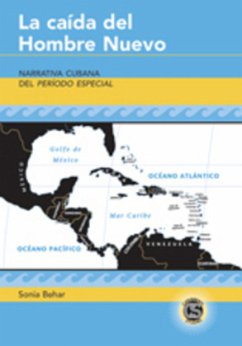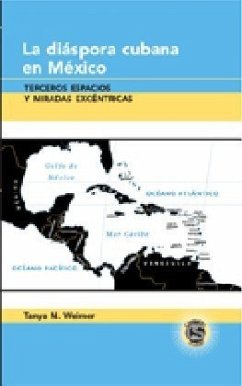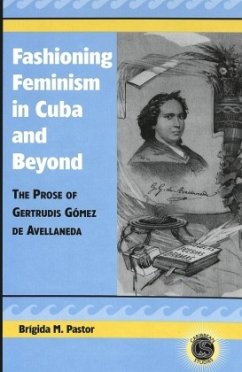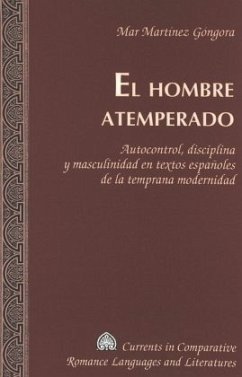
Performing Cuba
(Re)Writing Gender Identity and Exile Across Genres
Versandkostenfrei!
Versandfertig in 6-10 Tagen
85,90 €
inkl. MwSt.

PAYBACK Punkte
0 °P sammeln!
The Cuban Revolution has generated extraordinary literary achievements by writers both within Cuba and in exile. This book focuses on selected works by Edmundo Desnoes, Senel Paz and Elías Miguel Muñoz and the transformations of their texts from prose to film and theatre. Performing Cuba breaks new ground by clearly demonstrating how these multiple rewritings and additional authorial voices from the filmic and theatrical media rewrite the characters' gender performances in order to manipulate the texts' reading.












